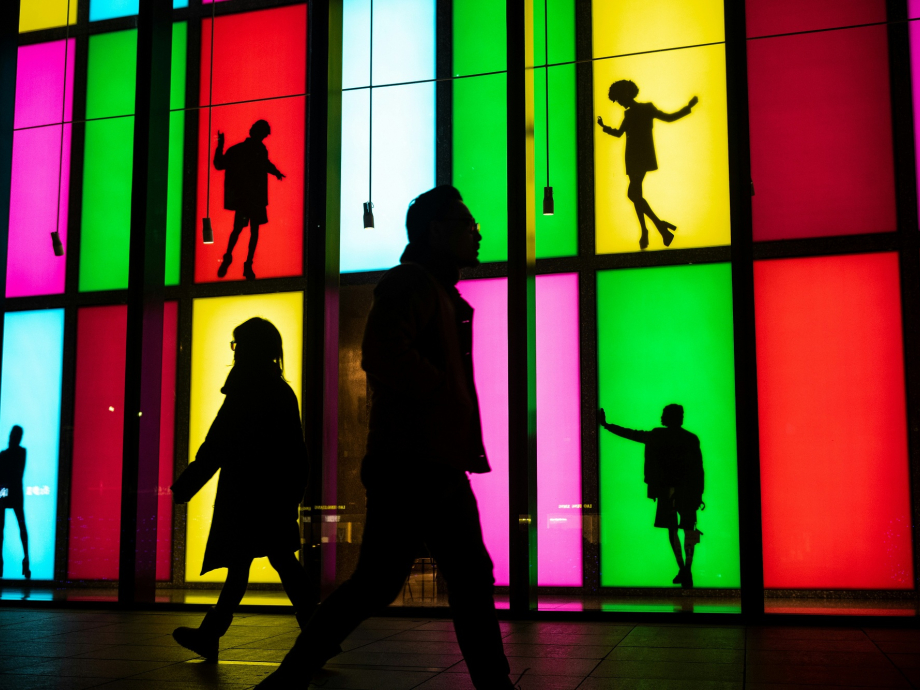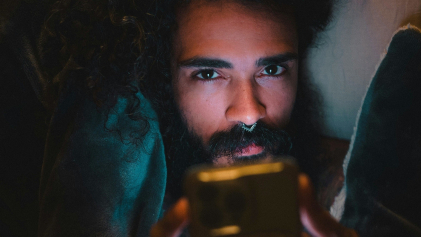Design of apps and online environments falls short
Who designs, determines. That is the three-word conclusion of the report 'Inclusive online' that the Rathenau Instituut publishes today. The report gives options for action to help build apps, platforms and other online environments where people feel free and safe.

In short:
- The Rathenau Instituut delved into the world of apps, platforms and other online environments.
- We spoke with designers, researchers and employees of online platforms. We also held design sessions with LGBTIQ+ people.
- We provide options for action to make current and future environments more inclusive.
The researchers studied more than 130 publications and spoke to thirty experts. Among them were designers, scientists and employees of online platforms. The researchers also held design sessions with LGBTQ+ people. That group is disproportionately affected by online harmful behavior, exclusion, and design choices that limit their control.
The report uses the term ‘online environment’ because of the parallel with the physical environment. "Because just as lighting, parking spaces for disabled people and gender-neutral toilets determine whether people feel free and safe, so does the design of an online environment," says director Eefje Cuppen of the Rathenau Instituut. For online environments, this includes whether you can use a pseudonym, whether you have control over what you see, and whether you can communicate with a human moderator.
Online environments provide space for connection with others, exchange and self-expression. But, as the report makes clear, not everyone feels free or safe online, or able to reap the benefits of the internet. The research shows that human rights are still insufficiently realised and protected online.
The report ends with recommendations for making today's online environments more inclusive. Recommendations include better enforcement of existing laws and regulations and taking measures to improve content moderation. The report also points to the risks of limiting anonymity or banning social media altogether, especially for people for whom the internet can have a lot to offer.
Furthermore, the researchers aim to initiate systemic change with the report, ensuring that inclusiveness and human rights are embedded in the design of new online environments. That includes avoiding addictive algorithms that lead to endless scrolling, changing revenue models and organising data collection differently.
Would you like to know more about the results?
On Wednesday October 8th at 4PM CEST the Rathenau Instituut hosts an English spoken webinar about the outcomes of this research. Interested in attending? Sign up by clicking the link: https://forms.office.com/e/aWip9XL2dD. You will receive more information and a meeting link at a later time.
This webinar is postponed. We will confirm a new date shortly.
